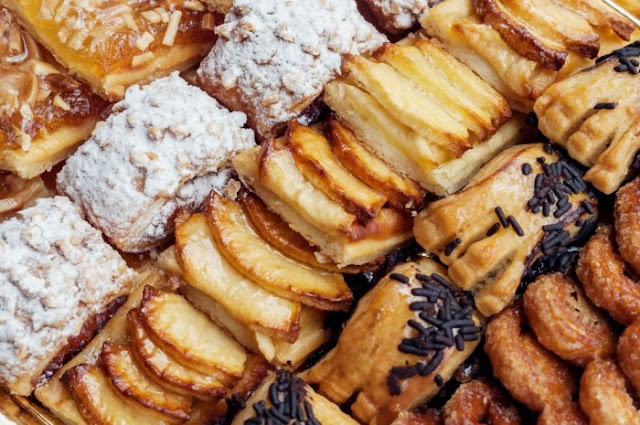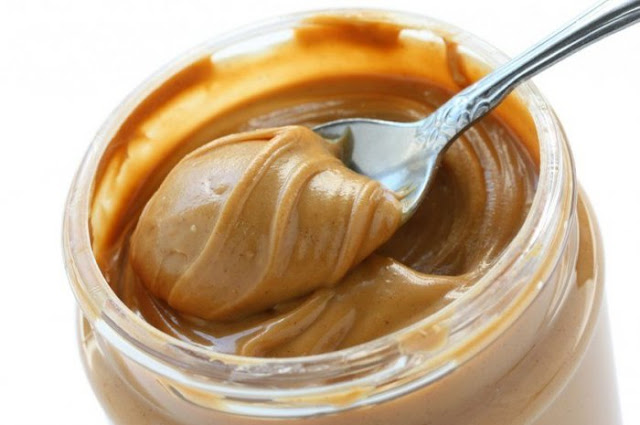11 Healthiest and Unhealthiest Foods for Your Baby

A baby’s diet during his or her first year is crucial for development, but there are so many questions about what to eat and when to eat it. It’s important for new parents to do thorough research before making changes to their baby’s diet, because the wrong move could be damaging. For example, starting a baby on solid food too early can increase his or her chance of being overweight as an adult.
Even though a baby’s diet changes a lot during the first year, there are some rules that are fairly consistent. The American Academy of Pediatrics recommends breastfeeding as the only source of food for at least six months, and that parents with a history of food allergies should avoid common food allergens such as peanuts and dairy. (Consult with a doctor as to when these foods should be introduced into your baby’s diet.)
Babies should be given a mix of fruits, vegetables, and proteins in order to provide a diverse nutritional profile, and they should be given a variety of foods to help prevent picky eating in the future. Though parents can’t be in complete control of all aspects of their baby’s health, they can still set a strong nutritional foundation.
Here’s a list of some of the healthiest and unhealthiest foods for your baby, according to various pediatricians and nutritionists.
- Eat: Avocados

- Eat: Chicken

White meat chicken (small pieces, of course) is a good source of protein and iron for babies starting solid foods. Natural iron levels start to decline at around 6 months, and a lean meat like chicken is the perfect way to reintroduce the mineral into a baby’s diet.
- Eat: Lentils

- Eat: Prune

Constipation is common in babies just starting on solid foods. Prunes help this process along and are a soft, sweet treat that a baby can enjoy. Relabel any leftover prunes as dried plums, and you can serve them confidently alongside a cheese plate at your next dinner party.
- Eat: Winter Squash

- Eat: Yogurt

Yogurt provides babies with calcium, vitamin D, and probiotics, which benefit the gastrointestinal tract. It’s best to wait until the baby is at least 6 months old before introducing yogurt, and always opt for the plain flavor absent of added sugar.
- Avoid: Cakes and Pastries

Snacks such as doughnuts and cakes are high in calories and saturated fat. The sugar in these pastries can lead to tooth decay, which is not ideal for a newly developing mouth.
- Avoid: Crackers

- Avoid: Honey

- Avoid: Juice

- Avoid: Peanut butter

Peanut butter is a lunch time snack for children, but a choking hazard for babies. To reduce any risk of choking, try thinning the peanut butter out with some applesauce, or spread it lightly over a piece of bread. A parent can introduce their baby to peanut butter at around 6 months.




Nice article lws, it has helped me and my newborn baby! Gracias!
ReplyDelete